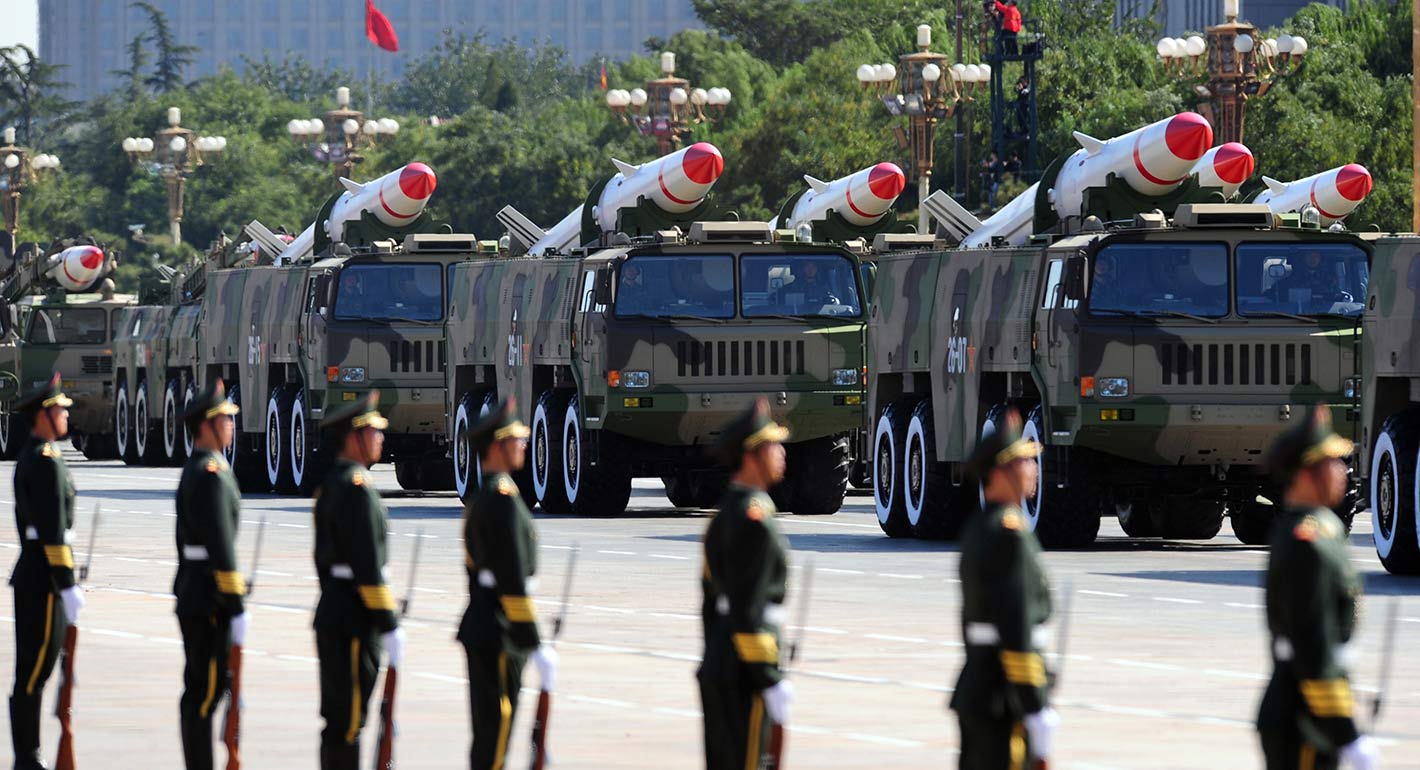Source: Arms Control Today
The clock is ticking on an extension of the 2010 New Strategic Arms Reduction Treaty (New START). To complicate matters, instead of extending the treaty as is, Washington seeks to broaden the existing U.S.-Russian agreement by including China in a new trilateral arms control framework. There is no chance that Beijing would change its long-held views on arms control within the next 12 months before New START expires. Nonetheless, China’s growing military power and influence are producing counterpressures for China to deepen its participation in arms control. At a time when President Xi Jinping said China should “take center stage in the world,”1 China may find itself having to seriously prepare for major-power competitions and major-power arms control.
Over time, China’s own interest will align with arms control for several reasons. At the strategic level, the major-power competition between Washington and Beijing is going to be a long-term reality. It is driven by fundamental conflicts in world views, values, and ways of governance. Nonetheless, it is in no one’s interest, including China’s, to allow this competition to become completely uncontrolled and unregulated. Just as U.S. and Soviet leaders Ronald Reagan and Mikhail Gorbachev agreed during the Cold War that “nuclear wars cannot be won and should never be fought,” Beijing and Washington should set some basic boundaries to their competition so that they do not half-wittingly destroy everything worth competing for. In particular, they need to assure each other that neither intends to threaten the survival or the most critical security interests of the other. To this end, they must commit to maintain strategic stability, avoid a repetition of a Cold War-style arms race, and agree on redlines and basic rules of major-power competition. Against an uncertain future geopolitical landscape at regional and global levels, arms control can and should serve as guardrails and a stabilizer of the major powers’ strategic relationship.
China has benefited from the U.S.-Russian arms control process without having to contribute directly to it. That situation is no longer tenable. Indeed, China’s stand-aside policies have already unwittingly contributed to the demise of one U.S.-Russian nuclear treaty, the Intermediate-Range Nuclear Forces (INF) Treaty. In the mid-2000s, Russia openly complained about restrictions on its missile programs while other nations, particularly China, were unconstrained. If China had acknowledged and addressed Russian concerns, Moscow would have had one less reason to develop and deploy the alleged treaty-violating 9M729 missile, which led the United States to withdraw from the pact. With the treaty’s demise, China is now presented with a much larger security problem. In this sense, arms control can be a preventive measure that helps China manage and mitigate future security challenges. If China’s involvement in some arms control measures today can contribute to the continuation of U.S.-Russian arms control in the future, it would be worth serious Chinese efforts.
Notes
1. “Xi Jinping: ‘Time for China to Take Centre Stage,’” BBC, October 18, 2017, https://www.bbc.com/news/world-asia-china-41647872.





